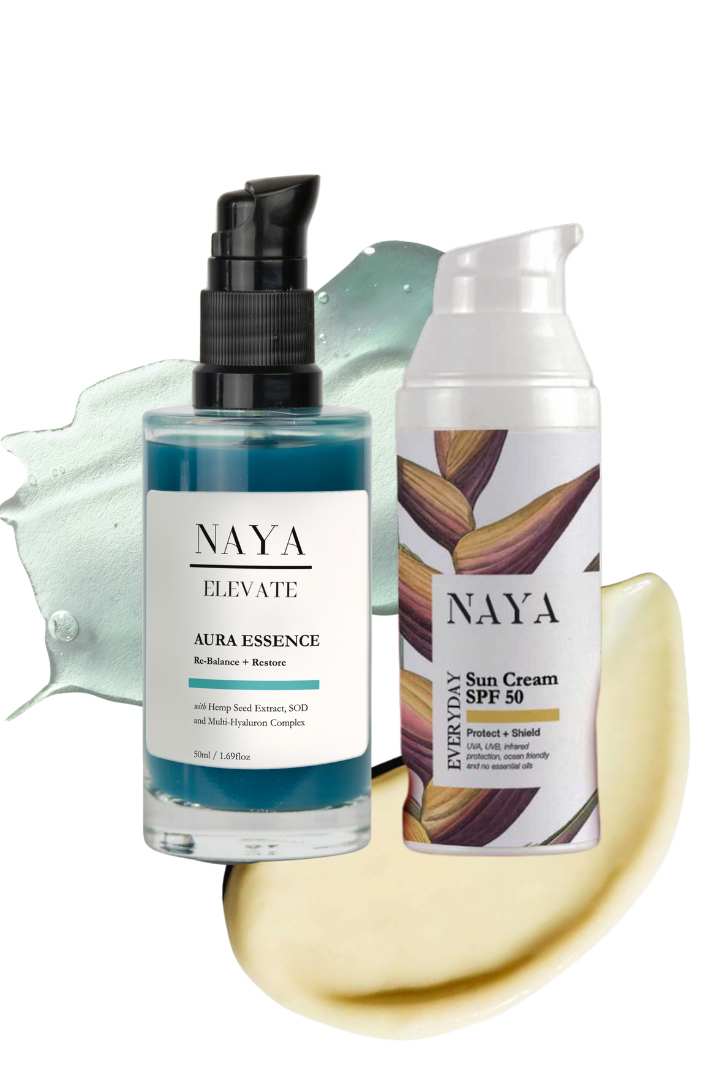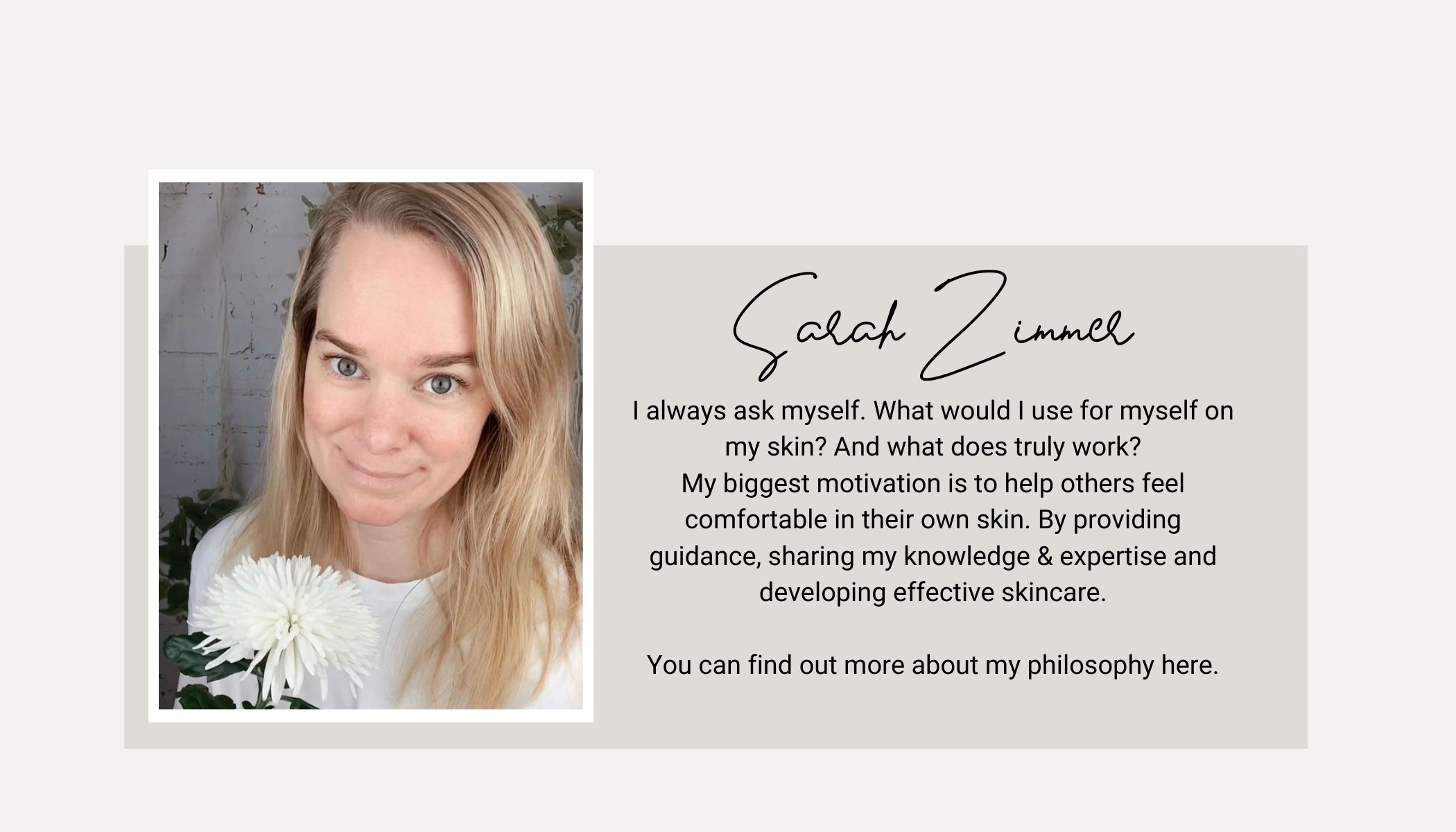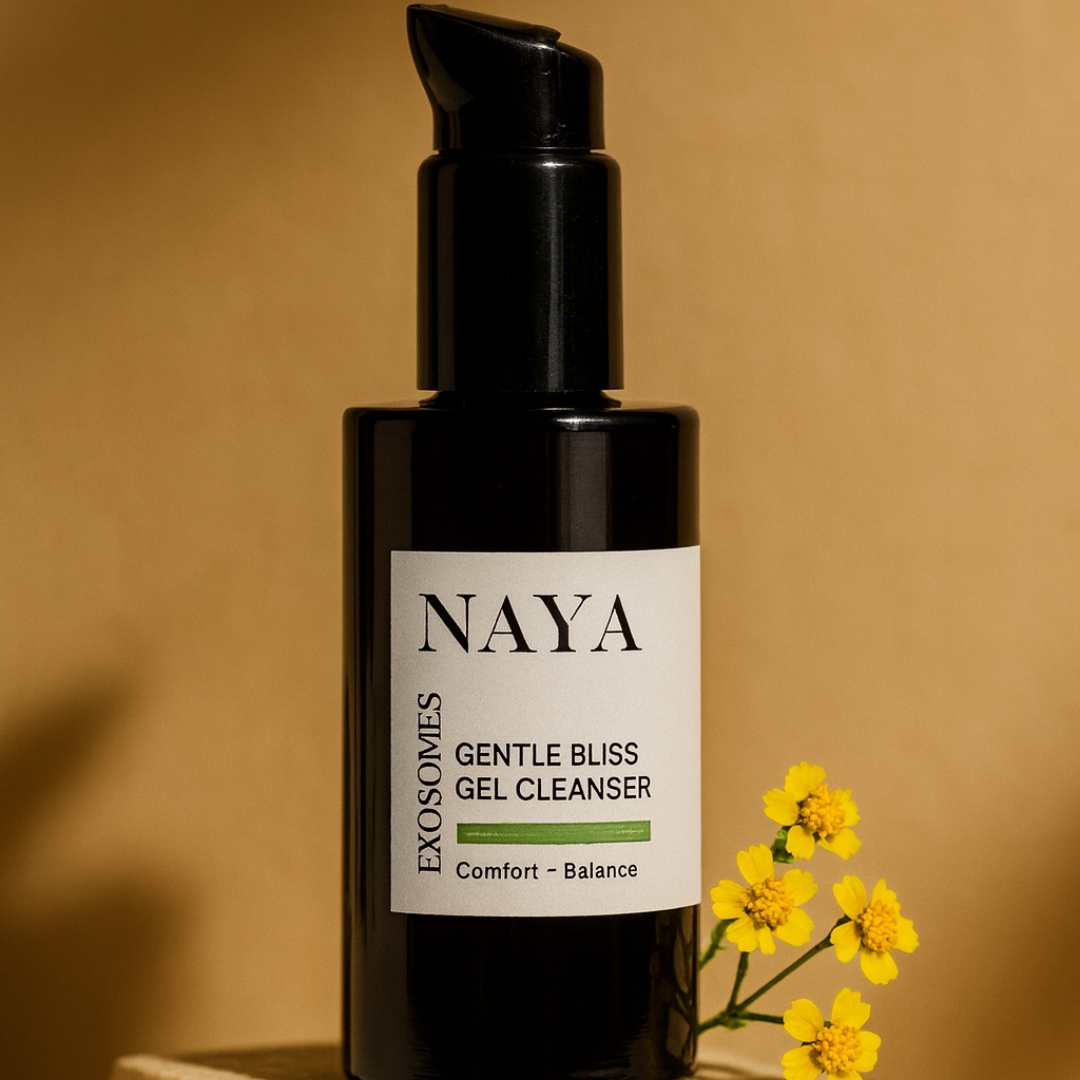Winter Sunscreen: Essential Protection for Healthy Skin
Suncreen Everyday
Sunscreen is synonymous with summer—but is it only necessary during this season? It’s true that there’s less chance of getting sunburned in the winter, but UV rays are present year-round, especially the wrinkle-causing variety.
Wearing winter sunscreen is a balance between protecting your skin from these harmful rays and taking advantage of the limited access to vitamin D that the sun provides. Depending on where you live, your daily sun exposure, and personal skin concerns, sunscreen should become a regular part of your daytime skincare regimen. This simple addition can help keep your skin healthy, prevent pigmentation, and slow down the aging process.
What are UV Rays?
Broad-spectrum SPF (Sun Protection Factor) is important year-round, including in the winter, because it helps protect your skin from the harmful effects of ultraviolet (UV) radiation from the sun. There are two main types of UV radiation that reach the Earth's surface: UVA and UVB.
UVB rays: More prevalent in the summer, these rays affect the skin’s top layer and are responsible for causing sunburn. However, they can also contribute to skin aging and are known to play a role in the development of skin cancers. UVB radiation is the primary source of vitamin D for the body.
UVA rays: These rays penetrate deep into the skin and are associated with signs of aging, such as wrinkles and fine lines, and are also thought to play a role in some skin cancers. UVA rays are present throughout the year, and they can penetrate clouds and glass.
What is the UV Index?
Pay attention to the UV index, which measures the intensity of ultraviolet (UV) radiation from the sun based on your location. What's interesting is that UV index and heat do not always correlate. For instance, at the top of a ski slope at 7,000 feet, the high elevation can significantly raise the UV index even when the temperature is low.
Skin Damage During the Winter Months
The undeniable connection between UV exposure and premature aging has been extensively researched. This 2021 study delves into the detrimental impact of UVA radiation on our skin's DNA, inducing long‐term changes. On top of hyperpigmentation, precancerous lesions, and skin cancers, overexposure to UV radiation increases the formation of reactive oxygen species (ROS). These ROS, when present in higher concentrations, damage the fundamental proteins that make up the skin—collagen and elastin, thereby contributing to a loss of structural integrity and elasticity.
UV rays aren’t the only environmental factor that affects your skin during the winter. Cold weather can compromise the skin barrier by depleting its natural moisture and oils. Low temperatures, combined with dry air and harsh winds, can increase transepidermal water loss, resulting in dry, flaky skin and a weakened barrier that is more susceptible to irritation and inflammation. Soothing skincare is essential when this occurs. Lather on a rich balm or facial oils during the winter to reinforce your skin’s barrier.
Importance of SPF During the Winter
In the winter, even though the temperature is colder, the sun's UV rays can still cause damage to your skin. Additionally, snow can reflect and amplify UV radiation, increasing exposure. People often neglect sun protection in the winter because they associate sun damage with warmer weather, but it's important to use broad-spectrum SPF to safeguard your skin.
Sunscreen remains essential even in cloudy conditions because clouds do not completely block ultraviolet (UV) radiation from the sun. While some UV rays are absorbed by cloud cover, a significant amount can still penetrate and reach the Earth's surface. UVA rays, which contribute to premature aging, are present consistently throughout the year and can penetrate clouds. Plus, the effects of UV exposure are cumulative, meaning the damage builds up over time.
Using a broad-spectrum SPF sunscreen helps protect your skin from both UVA and UVB rays, reducing the risk of sunburn, premature aging, and skin cancer. Therefore, including sunscreen in your skin care routine, regardless of the season, and especially if you're engaging in outdoor activities, is advisable.
Scientific Ingredients of Winter Sunscreen
Winter sunscreens come in the same formulations as your summer SPF. SPF stands for Sun Protection Factor, a numerical measure of a sunscreen's ability to protect against UVB radiation. It indicates the time it takes for UVB rays to cause sunburn on protected skin compared to unprotected skin. For example, if your skin typically burns after 10 minutes of sun exposure, applying SPF 30 sunscreen would theoretically protect you for 300 minutes, or 5 hours (10 minutes multiplied by SPF 30).
SPF ratings commonly range from 15 to 50+. SPF 15 blocks about 93% of UVB rays, while SPF 30 blocks approximately 97%. SPF 50 provides slightly higher protection, blocking around 98% of UVB rays.
While the SPF rating is especially critical in the summer when you have a higher chance of burning, in the winter the key is to look for a broad spectrum sunscreen that also protects against UVA rays.
When it comes to the basics of sun protection products, it's important to understand there are two main types: chemical and physical. Mineral sunscreens are always broad spectrum, while chemical sunscreens need to have specific ingredients to count as broad spectrum. Therefore, it's crucial to pay close attention to labels while purchasing winter sunscreen.
Physical sunscreen (aka mineral)
- Create a barrier on your skin’s surface that reflects UV rays
- Sits on top of your skin and is less likely to clog pores
- Key ingredients: titanium dioxide and zinc oxide
Chemical sunscreen
- Work by absorbing UV rays before they damage your skin
- Absorbed into the epidermis, which may trigger breakouts or irritation in acne-prone or sensitive skin
- Key Ingredients: Check out this article which ones to use and which ones to avoid. Not every ingredient is good and there are many questionable ones when it comes to suncreen.
The Bottom Line
As you can see, winter sunscreen is a vital part of a non-invasive anti aging skincare routine. Getting at least 20 minutes of sunshine a day is important to reap the benefits of vitamin D. However, if you spend more time outdoors, it's recommended to layer a broad-spectrum sunscreen as the final step to protect your skin from harmful UV rays.













Leave a comment